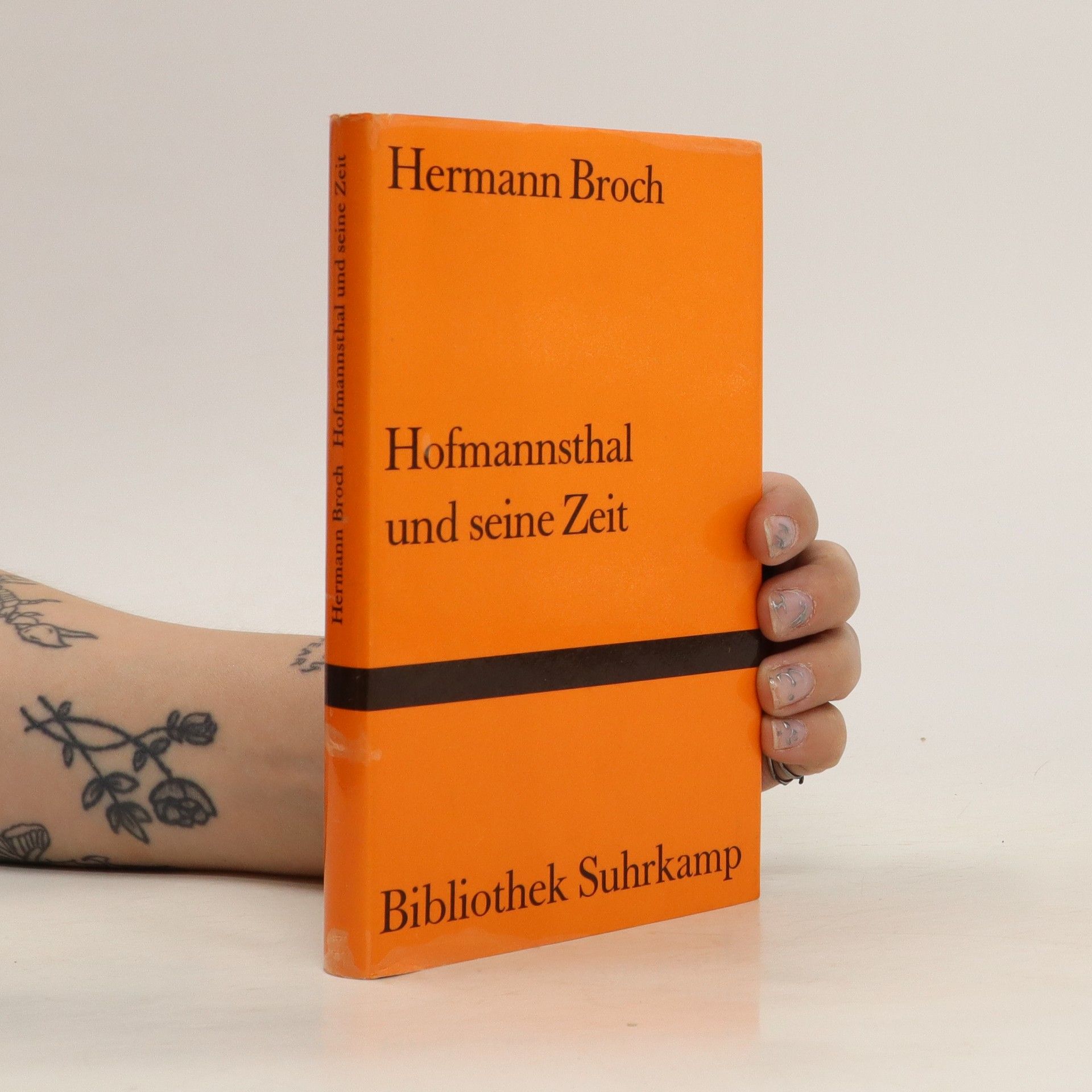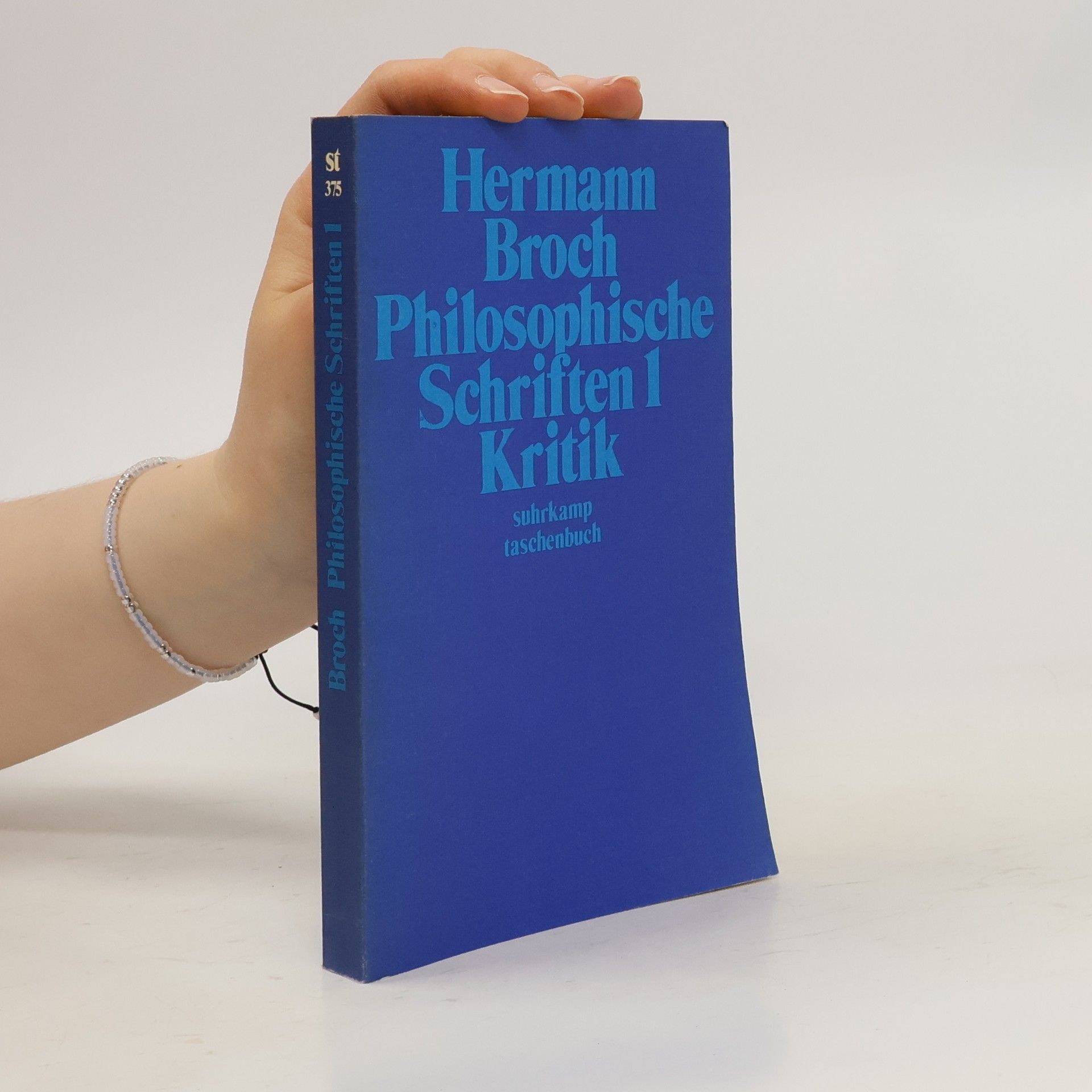It is the reign of the Emperor Augustus, and Publius Vergilius Maro, the poet of the Aeneid and Caesar's enchanter, has been summoned to the palace, where he will shortly die. Out of the last hours of Virgil's life and the final stirrings of his consciousness, the Austrian writer Hermann Broch fashioned one of the great works of twentieth-century modernism, a book that embraces an entire world and renders it with an immediacy that is at once sensual and profound. Begun while Broch was imprisoned in a German concentration camp, The Death of Virgil is part historical novel and part prose poem -- and always an intensely musical and immensely evocative meditation on the relation between life and death, the ancient and the modern.
Hermann Broch Books
Hermann Broch fully dedicated himself to literature only at the age of forty, after initial experiences in his family's textile business. His work is characterized by a deep interest in psychology, philosophy, and mathematics, which are reflected in his modernist writings. He excels with a precise style and an exploration of complex themes of human existence. Broch is considered one of the key authors of his era.


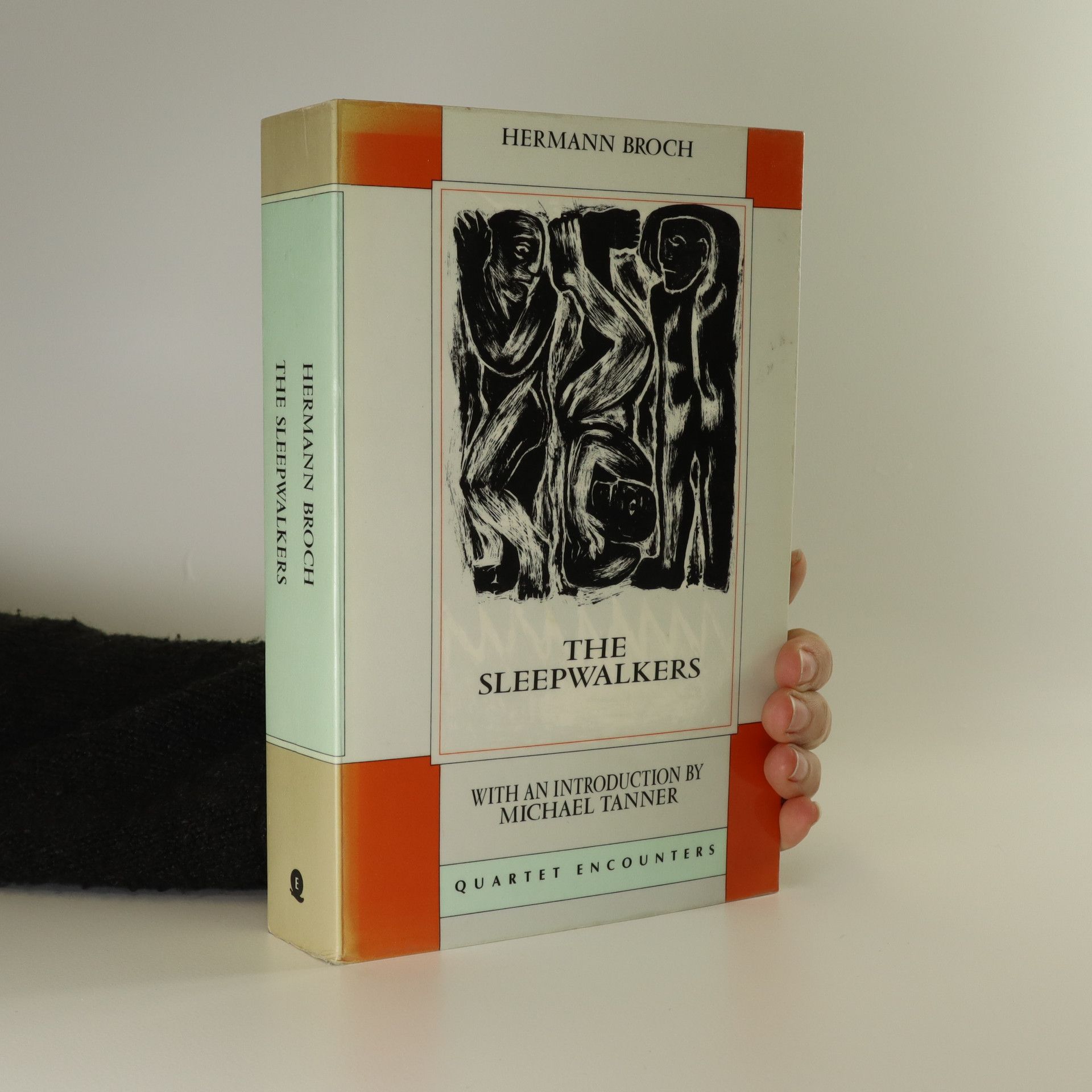
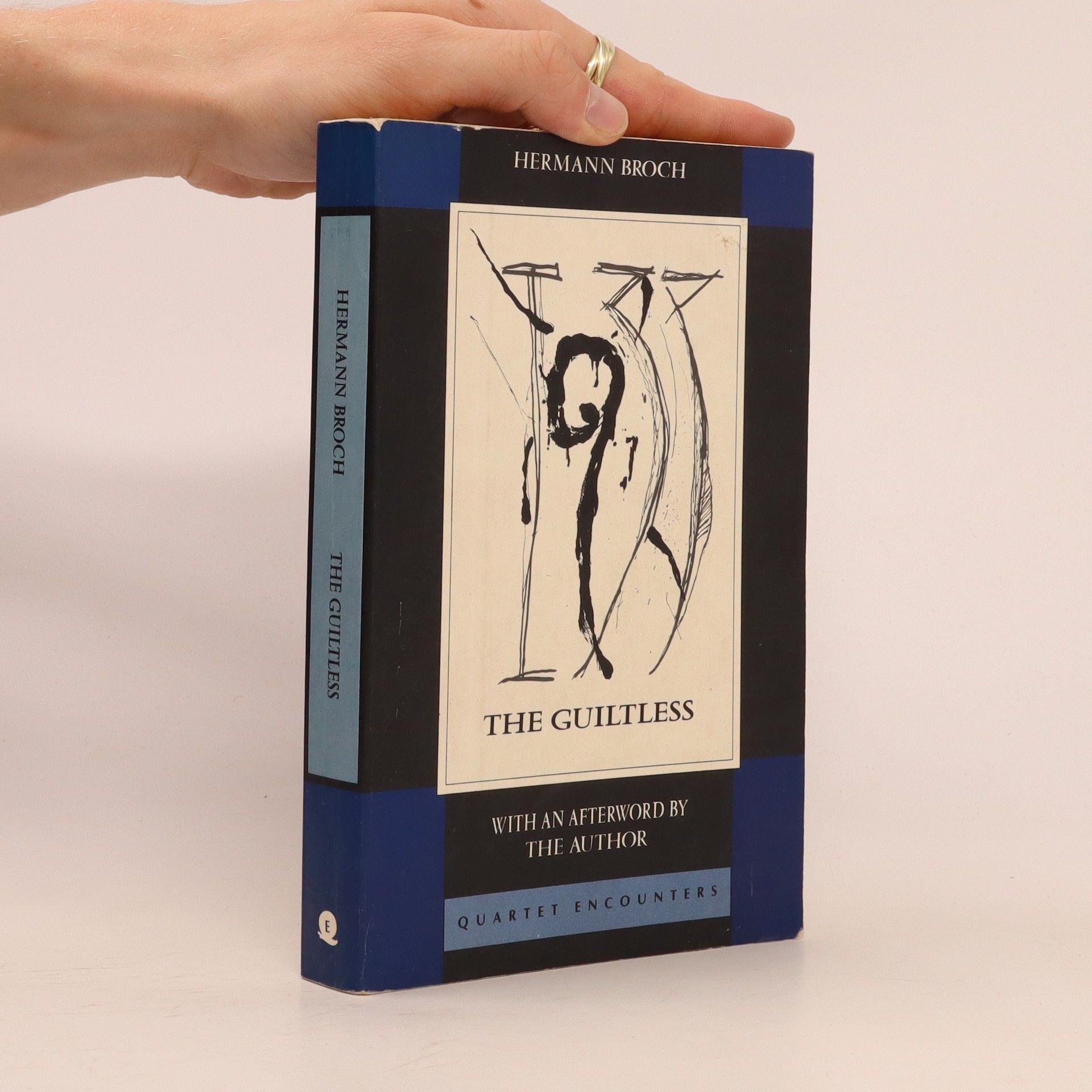

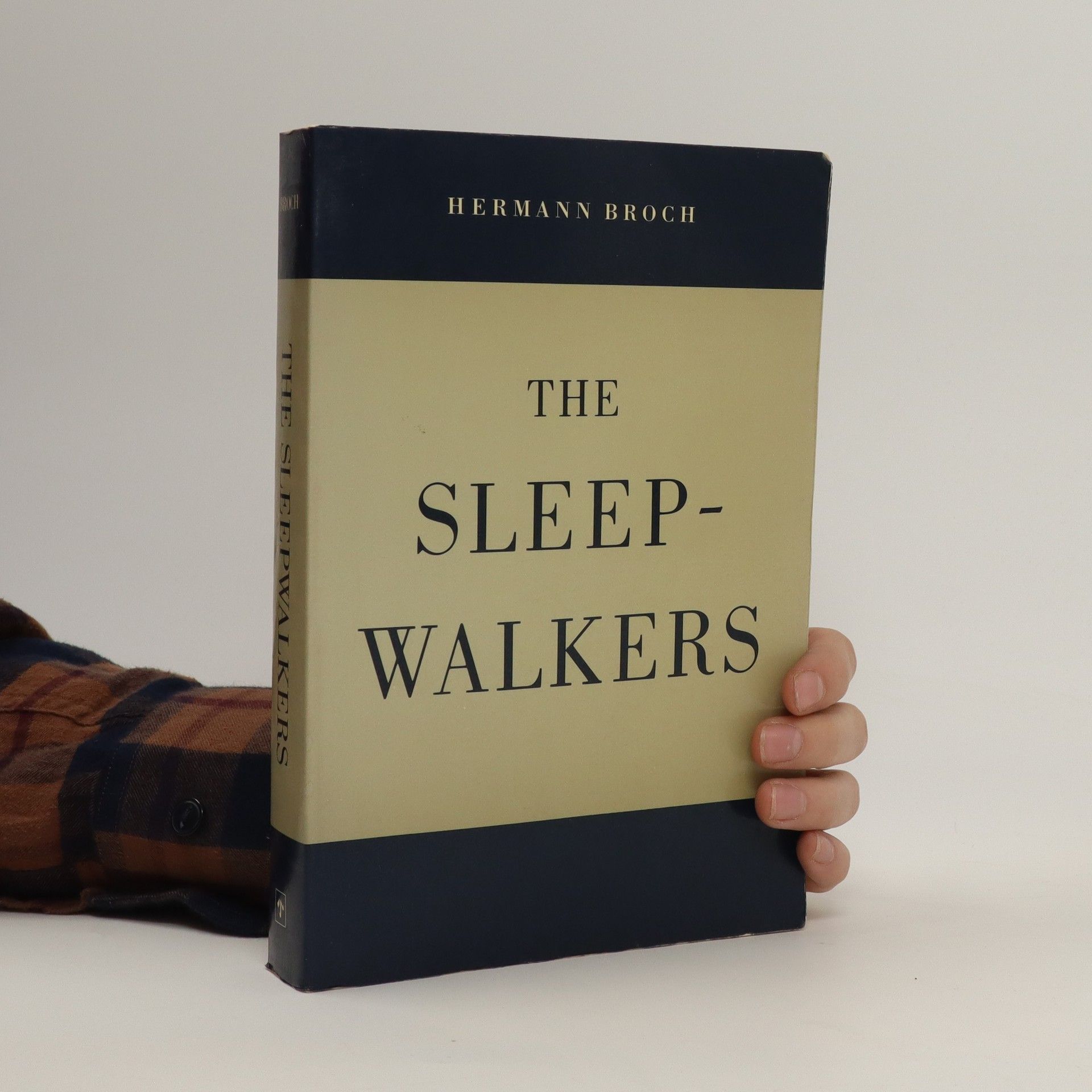

The sleepwalkers
- 648 pages
- 23 hours of reading
Broch's influential trilogy examines the "loneliness of the I" stemming from the collapse of any sustaining system of values, with three stories ranging from the aristocracy to the working classes in Germany during the years prior to the First World War
Pasenow of de romantiek
- 180 pages
- 7 hours of reading
The Guiltless
- 292 pages
- 11 hours of reading
Murder, lust, shame, hypocrisy, and suicide are at the center of The Guiltless, Hermann Broch's novel about the disintegration of European society in the first three decades of the twentieth century. Broch's characters -- an apathetic man who can barely remember his own name (Broch mostly refers to him as A.); a high-school teacher and his lover who return from the brink of a suicide pact to carry on a dishonest relationship; Zerline, the lady's maid who enslaves her mistresses, prostitutes the young country girl Melitta to gentleman A., and metes out her own justice against the "empty wickedness" of her betters -- are trapped in their indifference, prisoners of a sort of "wakeful somnolence". These men and women may mention the "imbecile Hitler", yet they prefer a nap or sexual encounter to any social action. In Broch's mind this kind of ethical perversity and political apathy paved the way for Nazism.Broch believed that writing can purify, and by revealing Germany's underlying guilt he hoped to purge indifference from his own and future generations. In The Guiltless, Broch captures how apathy and ennui -- very human failings -- evolve into something dehumanizing and dangerous.
»›Mythisch ist alles Erdichtete, woran du als Lebender Anteil hast. Im Mythischen ist jedes Ding durch einen Doppelsinn, der sein Gegensinn ist, getragen: Tod = Leben, Schlangenkampf = Liebesumarmung. Darum ist im Mythischen alles im Gleichgewicht.‹ Diese Worte stehen in Hofmannsthals Buch der Freunde, und sie melden die Problemkonstanz, die dem Hofmannsthalschen Leben und seiner Arbeit eine unverbrüchlich eigensinnige Richtung gegeben hat; unverbrüchlich hat er sich um die Stellung des Menschen im Kosmos und um das ethische Gleichgewicht bemüht, das zwischen Ich und Sein etabliert werden soll, auf daß das Menschenleben zur Einheitlichkeit werde.« Indirekt vergegenwärtigte sich Hermann Broch mit seiner Hofmannsthal-Studie von 1947/48 aus dem amerikanischen Exil heraus die eigene Jugend in Wien. Hofmannsthal und seine Zeit ist ein autobiographisches Buch vor allem in dem Sinne, daß es die Summe seiner kulturkritischen Schriften darstellt.
Das Teesdorfer Tagebuch für Ea von Allesch
- 245 pages
- 9 hours of reading
Hermann Broch (1886-1951) figure certainement, avec Proust, Musil et Joyce, au panthéon des grands inventeurs de roman du vingtième siècle. Mais le public francophone sait peu qu’il se consacra également à l’écriture d’une importante œuvre philosophique, sans jamais vouloir parvenir à lui donner une forme définitive.Les six essais publiés ici ont été écrits entre 1931 et 1946 et rendent compte de sa «théorie de la connaissance», fondée sur une conception très personnelle du concept de valeur. Portant sur des sujets apparemment divers, comme la musique, la poésie ou la psychanalyse, ils concernent une seule et même question : comment la raison peut-elle permettre de saisir ce qui, dans toute activité humaine, dépasse le champ de la raison ?Hermann Broch (1886-1951) est l'auteur d'une oeuvre romanesque hors du commun publiée en français chez Gallimard (La mort de Virgile, Les somnambules, le Tentateur, etc.), et d'une oeuvre philosophique inachevée, dont la pièce maîtresse reste sa Théorie de la folie des masses (l'éclat, 2005).Né à Vienne, il est emprisonné par les nazis, après l'annexion de l'Autriche. Grâce à l'aide de James Joyce il est libéré et parvient à gagner les USA où il vivra le reste de sa vie.
